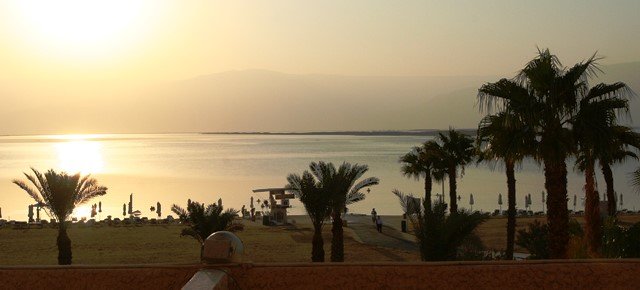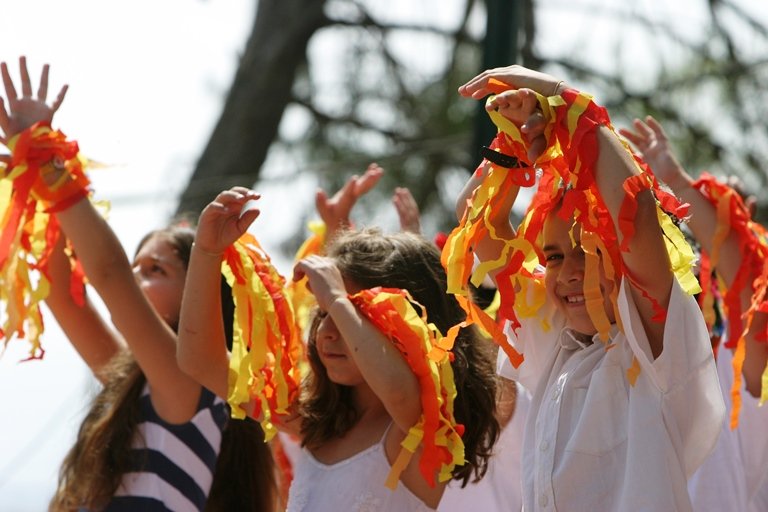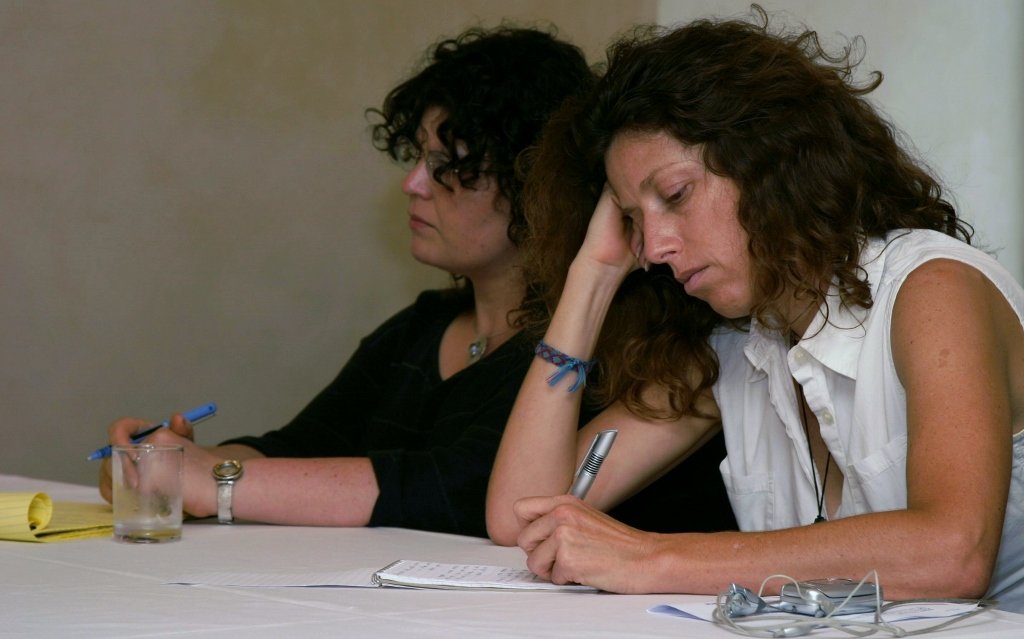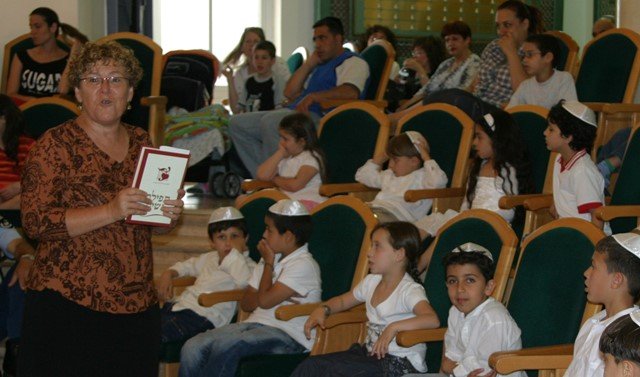Share This Story, Choose Your Platform!
Apple slices dipped in honey signify that the Jewish New Year, “Rosh HaShanah”, the “head of the year”, has to be sweet. That is why there are also honey cakes and pomegranates being served on Rosh HaShanah. The blessing of the New Year that we are about to enter shall be as manifold as the seeds of this splendid red fruit.
A symbol of abundance, fertility and multitude stands the fish, which should not be missed during the feast meal and should be eaten with the head if possible. For: “The Lord makes you a head, not a tail. You will only strive upwards, not downwards “(Deuteronomy 28:13). In Judaism, we can taste and see, touch and understand what is the message of the biblical feasts.
With a festive meal began on the eve of September 20, 2017 the first day of the month of “Tishrei” in the year “Tav Shin Ayin Chet”, 5778. Judaism writes numbers in Hebrew letters and calculates its calendar from the creation of the world. A day starts, as testifies the creation story in the Bible, in the evening (see for example, Genesis 1:5,8 and more often). On Tishrei 1, man was created according to Jewish tradition. Thus, Israel celebrates with Rosh HaSchanah for two days the birthday of mankind.
In Scripture Rosh HaShanah is mentioned as “Tru’ah”, as “a blast of trumpets” (Leviticus 23: 23-25). Blowing the “Shofar”, the rams horn, is an important part of the congregational prayer in the synagogue at Rosh HaShanah. The sound of the shofar recalls Abraham’s willingness to sacrifice his son Isaac. Chassidic Jews explain it as a wordless cry from the depths of the heart: “For our sins we have no excuse, no justification before God.”
The orthodox Rabbi Shlomo Riskin from Efrat hears in the shofar’s sound our protest against the imperfection of this world. Above all, however, the shofar in the Bible announces judgment, which is why Rosh HaShanah also alluded to as “Yom HaDin”, “day of judgment”.
Talmudic tradition speaks of three books presented to the Almighty on New Year’s Day. They list the lives of each individual. The book of the righteous, just like of those who are irredeemable wicked, are only briefly opened and immediately closed again. In these cases, judgment does not require any further consideration: Life for the righteous. Death for the wicked. In the third book, however, most people are listed. And their fate is still undecided before God. This book is closed only on the great Day of Atonement, the “Yom Kippur”. During the ten days between Rosh HaShanah and Yom Kippur, the faithful implore the mercy of God and ask for forgiveness, as they want to be enrolled in the book of life.
Their pleading, however, is not sufficient, as long as it is directed only to the Eternal One. According to Jewish tradition, God forgives only sins between God and man. Guilt and shortcomings between man and his neighbor must be reconciled between them. Therefore, the believers ask their fellow men for forgiveness and convey to each other forgiveness during these ten days of repentance. Thus, Rosh HaShanah leads into a time of reflection, of repentance and of a new beginning.
On the afternoon of the first New Year’s day, Jews gather around rivers, lakes or on the sea shore in order to symbolically throw their sins into the water. God forgives sin. He is merciful and does not eternally cling to his anger. “He will turn around, will have compassion on us, will overpower our sins. He will throw all our transgressions into the depths of the sea” (Micah 7:19). During this ceremony, which is called “Tashlich,” the Hebrew word for “throwing,” texts such as Psalm 103:8-13 are recited.
Rabbi Nachman of Bratzlav (1772-1810) knew: The main joy of Rosh HaShanah is a fruit of repentance. A new beginning is possible. This is why the Chassidim rejoice in face of judgment. They know: “We are loved by our Heavenly Father. He wants to draw us to Himself.” Just as the prophet Micha (7:20) foretold, “You show faithfulness to Jacob, lovingkindness to Abraham, as you have sworn to our fathers from the days of old.” Therefore, full of hope we greet each other during these days here in Israel with: “Shanah Tovah UMetukah” – “A good and sweet year!” And: “Chatimah Tovah” – a “good entry” in the Book of Life.






















